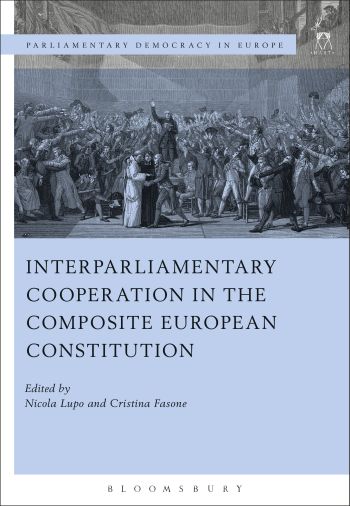
This collective volume analyses the place and the functioning of interparliamentary cooperation in the EU composite constitutional order, taking into account both the European and the national dimensions.
The chapters included join the recent scholarship on the role of parliaments in the EU after the Treaty of Lisbon, a scholarship which, however, has substantially overlooked the constitutional significance of interparliamentary cooperation as a permanent feature of EU democracy and as a new parliamentary function.
The volume discusses the developments in interparliamentary cooperation and its implications for the organisation and procedures of national parliaments and the European Parliament, for the fragmented executive of the EU, and for the democratic legitimacy of the overall EU composite Constitution.
These issues are examined through the cases of ordinary and 'extraordinary' European decision-making processes, namely the legislative process and the European Semester, on the one hand, and the Treaty revisions, on the other, by looking at the effects of interparliamentary cooperation on the internal structure of parliaments, e.g. bicameralism, political groups, committees and parliamentary administrations, and at the models of interparliamentary cooperation that can be detected, on the basis of the EU Treaty provisions and protocols.